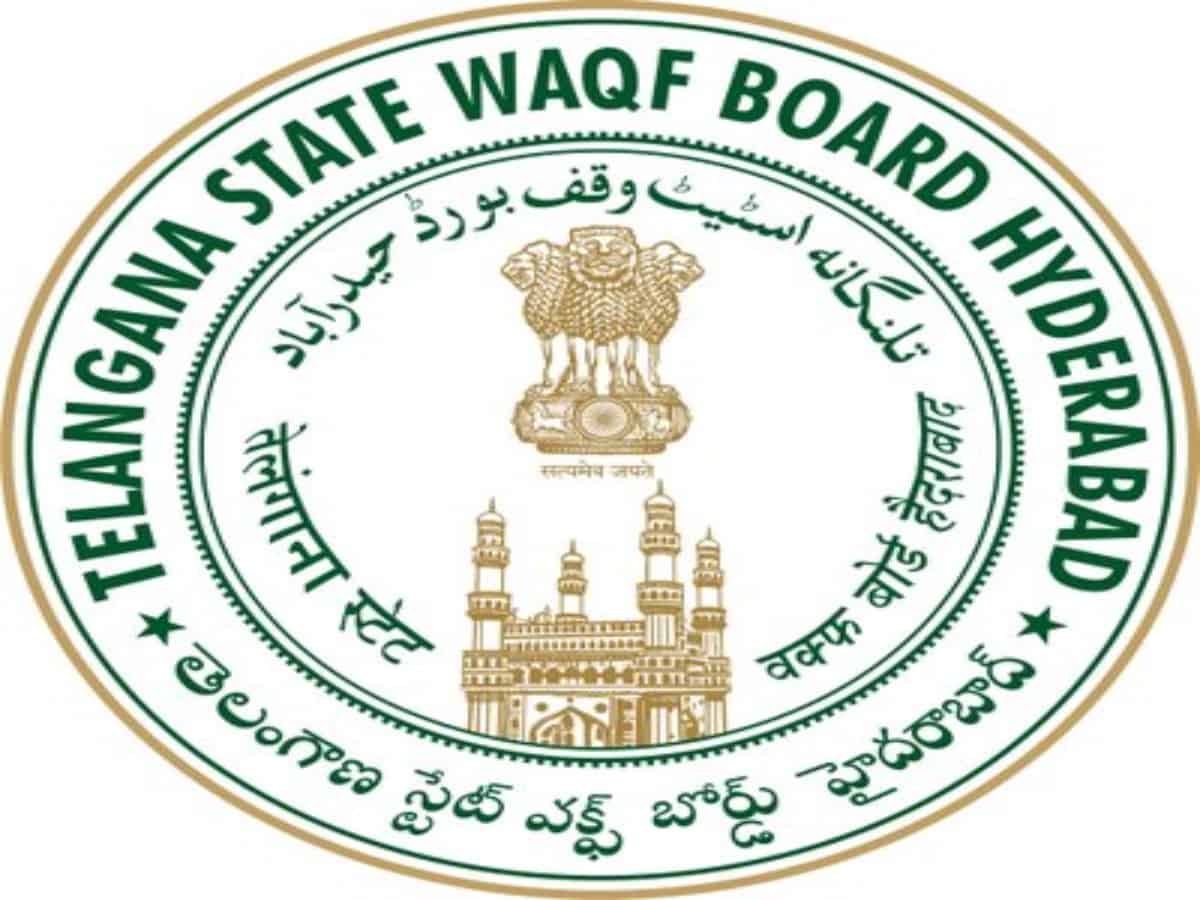
Hyderabad: The Telangana Waqf Board held a meeting at the Haj House under the chairmanship of Mohammad Masihullah Khan. During the meeting, members expressed their strong disapproval of the government’s recent interventions in the board’s decisions.
In particular, the members were critical of orders issued by the Secretary Minority Welfare Syed Omar Jaleel, which rejected the Waqf Board’s decisions regarding the appointment of custodians for dargahs, including Hazrat Yousufain and Dargah Hazrat Amrullah Shah.
The meeting saw unanimous support for a resolution that highlighted the government’s lack of authority to interfere in the daily affairs of the board. The resolution cited the Waqf Act of 1995 and several judgments by the Supreme Court and high courts to bolster its argument.
It pointed out that under Section 32 of the Waqf Act, 1995, the Waqf Board possesses full authority to hire and dismiss custodians, as well as oversee the protection and development of waqf properties.
The resolution reaffirmed the stance of the Chief Executive Officer, as expressed in a letter sent to the Minority Welfare Secretary on September 21, upholding the board’s decisions related to custodianship positions.
The board also contested the orders of the Minority Welfare Secretary to take action against the custodian of Dargah Hazrat Amrullah Shah.
Members of the board underlined that the Secretary Minority Welfare does not hold the requisite authority to interfere in the Waqf Board’s affairs.
During the meeting, the board also addressed 140 agenda items, including the formation of managing committees for various mosques, the appointment of custodians, construction permits for the development of waqf properties, and other related matters.
The Telangana government recently designated 125 acres of land, allocated for Muslim cemeteries on the outskirts of the city, as registered waqf. The board expressed its gratitude to Chief Minister K Chandrasekhar Rao for this allocation.
The government had allotted a total of 125 acres of land at five different locations for graveyards for different sects of the Muslim community.
The meeting was attended by various board members, including Maulana Syed Akbar Nizamuddin Hussaini Sabri, Kausar Mohiuddin, Zakir Hussain Javed, Dr Nisar Hussain Haider Agha, Abul Fateh Bandagi Pasha, Malik Mutassam Khan, and Chief Executive Officer Khawaja Moinuddin.



